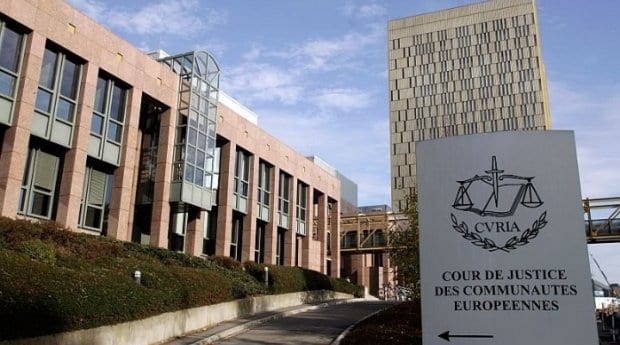A European Court of Justice advocate-general says France’s gay blood ban is discriminatory, contending that it targets people unfairly because of gender and sexual orientation, rather than focusing on sexual behaviour, The Local reports.
“The French rules consider [homosexual sex] an indisputable presumption of exposure to an elevated risk, independent of the conditions of and the frequency of relations or practices,” Paolo Mengozzi says. “France’s criteria is thus too broad and too generic,” he adds, in an opinion that will eventually be considered by the court.
While the report points out that Mengozzi’s stance isn’t binding, the court often embraces the views of its advocates-general, of which there are nine, who provide legal opinions on cases before judges debate and deliver their rulings.
In May, New Zealand announced it is seeking to revise its blood-donor regulations, with the country’s blood service accepting a recommendation to reduce the time HIV-negative gay and bisexual men must wait to give blood to one year after they were last sexually active, Radio New Zealand reports. Currently, gay men are prohibited from donating blood for five years after they have been sexually active. Final approval of the proposed change, which would cover sex workers and people from countries with high rates of HIV, could occur by the end of the year.
South Africa is also implementing a new policy that allows people who have been in monogamous relationships for more than six months — regardless of sexual orientation — to donate blood to the country’s national blood service, according to Mamba Online.
Prior to the change, South Africa allowed gay men or men who have sex with men (MSM) to give blood provided they had not been sexually active for at least six months.


 Why you can trust Xtra
Why you can trust Xtra


